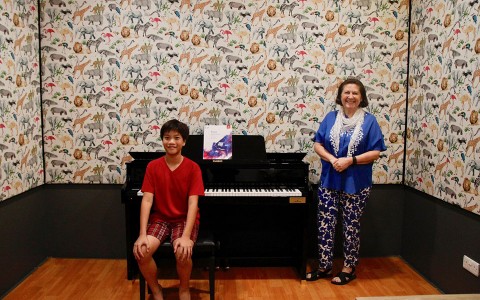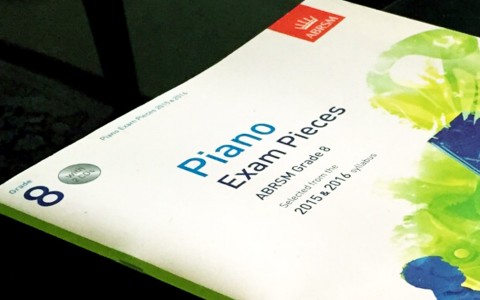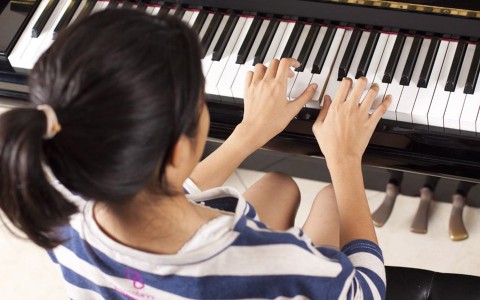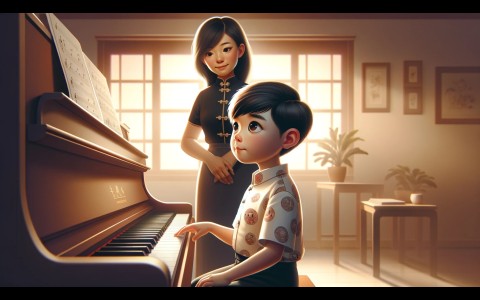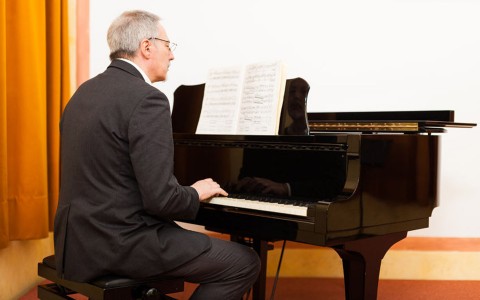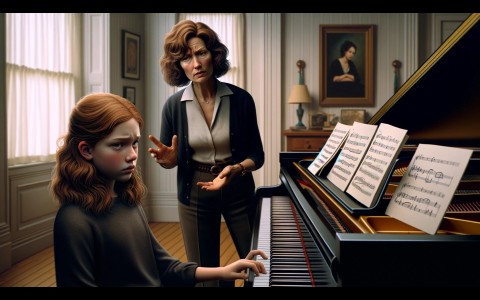Picture a cosy living room, resonating with the sound of a piano, where each note tells a story. In this setting, children are the stars, and their performances on the piano become a showcase of their musical journeys. It's a scene that reveals not just their skills but also hints at their happiness and fulfillment in learning music. This brings us to an intriguing debate in the realm of music education: Is it more beneficial to excel at playing one piece at 90% perfection or to have a broader ability at 40%?
In some social settings, children often play the piano, with some displaying remarkable mastery over a single piece, while others exhibit a wider, albeit less perfected, range of skills. For parents, it's a moment of pride or sometimes, self-doubt. But behind this display of talent, there’s an underlying question of joy and satisfaction in the musical journey of their children.
The '90% student' is often the epitome of focused dedication, having spent hours perfecting a single piece. Their performance is polished, their technique refined. However, this perfection often comes with a hidden cost - the joy of exploring diverse musical pieces. The child may excel in performance but miss out on the wider pleasures of musical exploration.
Conversely, the '40% student' might not have the same level of technical finesse but enjoys a broader musical experience. This child often explores various styles and pieces, gaining a richer, more diverse musical understanding. Interestingly, this approach can lead to a happier and more fulfilling musical experience. Without the pressure of perfection, these students often find more joy and satisfaction in their music, leading to a more positive attitude towards learning and playing the piano.
The dilemma between depth and breadth in musical education is complex. While technical mastery has its merits, the joy and happiness derived from a more explorative approach cannot be understated. It's essential for parents and teachers to recognise that sometimes, the child playing at 40% might be the one experiencing the most joy and fulfillment.
Parents and teachers play a crucial role in setting realistic expectations. The emphasis should not only be on technical proficiency but also on the enjoyment and emotional connection the child has with music. Recognising and nurturing this aspect can lead to a more balanced and enjoyable learning experience.
In the end, whether a student is a '90%' or a '40%' learner, the key is to find joy in the journey of musical learning. Parents and educators should aim to foster a love for music that goes beyond mere technical ability, ensuring a more holistic and satisfying musical journey for the child.

